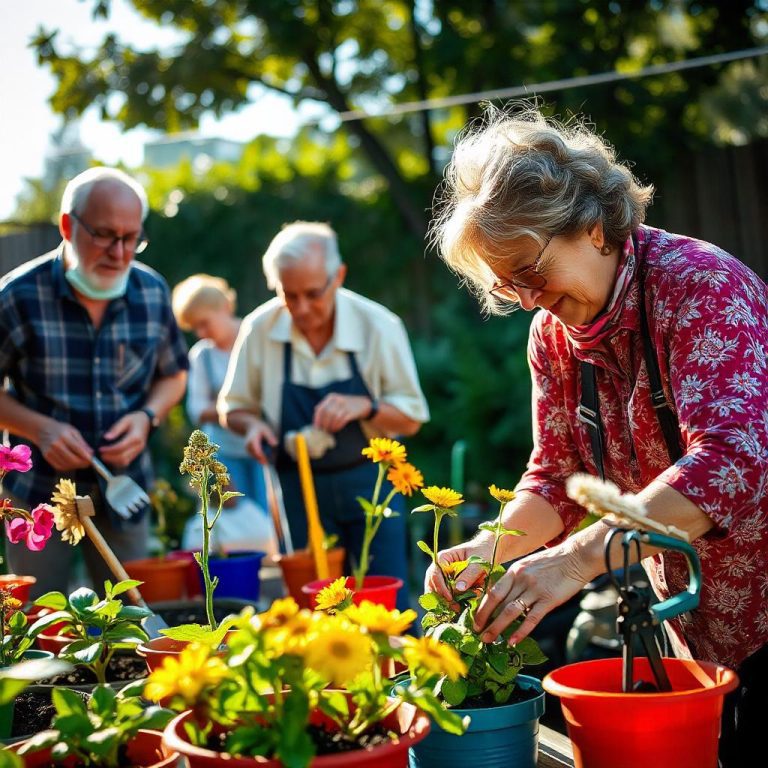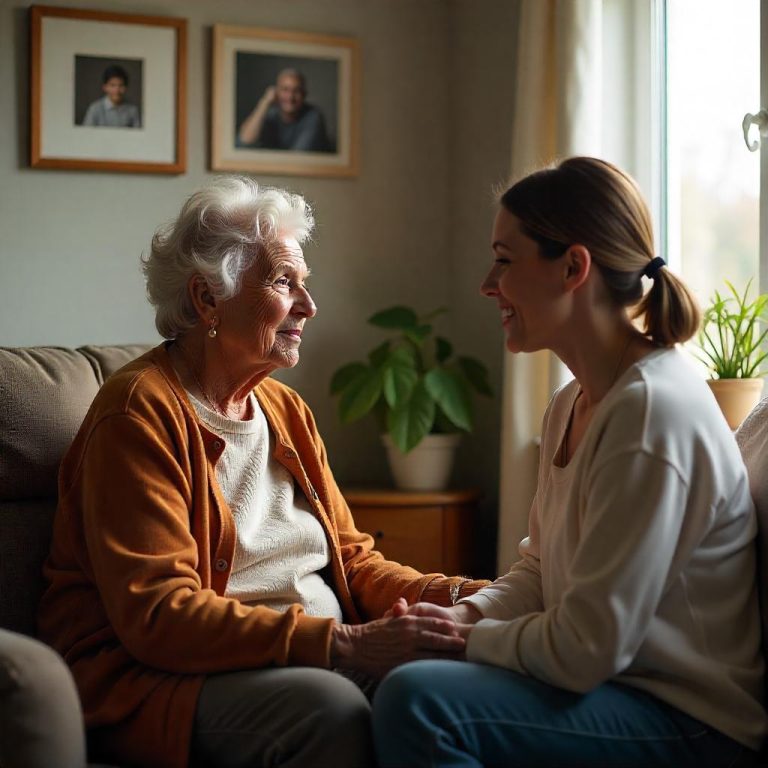Senior companion services are non-medical care services designed to provide elderly individuals with companionship, emotional support, and assistance with daily tasks. These services are particularly beneficial for seniors who may experience loneliness, isolation, or a lack of family support, helping to enhance their quality of life and promote independence. Senior companions can assist with a variety of activities, from social engagement to light housekeeping, and offer valuable emotional and social support to seniors living at home or in care facilities.
What Are Senior Companion Services?
Senior companion services focus on providing emotional and social support, rather than medical or hands-on personal care. A senior companion is typically a trained or experienced individual who spends time with a senior to offer companionship, monitor their well-being, and assist with non-medical daily activities. These services are often flexible, allowing companions to tailor their care to the unique needs and preferences of the senior they are assisting.
What Do Senior Companions Do?
Senior companions offer a range of services that can significantly improve the mental and emotional well-being of elderly individuals. These services include:
- Companionship and Conversation
Senior companions engage in meaningful conversation and offer a friendly presence to combat loneliness and isolation. Regular social interaction can improve a senior’s mood and reduce feelings of depression, which are common among older adults living alone. - Social Activities
Companions may encourage or participate in social activities such as hobbies, arts and crafts, games, or walks in the park. Engaging in these activities helps seniors stay mentally and physically active while also providing opportunities for fun and connection. - Assistance with Light Housekeeping
While companions do not perform heavy-duty cleaning, they can assist with light housekeeping duties such as dusting, vacuuming, washing dishes, and making beds. This support can help seniors maintain a clean and organized living environment, which contributes to their overall well-being. - Meal Preparation
Companions can assist with meal planning, grocery shopping, and preparing nutritious meals for seniors. They can ensure that seniors are eating well-balanced meals, which is essential for maintaining good health. - Transportation and Errands
Many senior companions offer transportation services, such as driving the senior to doctor’s appointments, shopping trips, or social engagements. They can also assist with running errands, picking up prescriptions, or making sure that daily needs are met. - Memory Support
While companions do not provide medical memory care, they can offer support by reminding seniors of daily tasks, such as taking medication, or by helping them with routines that involve memory prompts. - Accompaniment to Appointments and Events
Senior companions may accompany seniors to medical appointments, social events, or community activities. This ensures that seniors have someone to interact with during these events, making them feel more comfortable and less anxious. - Emotional and Mental Support
Companions are often there to listen, provide encouragement, and offer a comforting presence. This emotional support can be invaluable for seniors coping with loneliness, grief, or stress. It helps them feel cared for and supported, which is essential for mental health.
Benefits of Senior Companion Services
- Reduced Loneliness and Isolation
One of the most significant benefits of senior companion services is the reduction of loneliness. Many seniors experience isolation, especially if they live alone or have limited social interactions. Companions provide regular social engagement, reducing feelings of depression and loneliness. - Improved Mental Health
Regular companionship and emotional support can help improve mental health by decreasing the risk of depression, anxiety, and cognitive decline. Engaging in social activities and stimulating conversations helps keep the mind sharp and engaged. - Enhanced Quality of Life
With the help of a senior companion, seniors can remain more independent and active, which contributes to a higher quality of life. Companions support the activities that bring joy and fulfillment, which in turn makes daily life more enjoyable. - Increased Safety and Well-Being
While companions do not provide medical care, their presence offers safety benefits. Companions can monitor the senior’s well-being, alerting family members or emergency services if needed, and helping seniors avoid accidents around the home. - Relief for Family Caregivers
Senior companion services offer much-needed respite for family members who may be acting as primary caregivers. By relieving caregivers of some responsibilities, these services allow families to recharge, reducing caregiver burnout and stress. - Support for Daily Living Tasks
Even if a senior is relatively independent, a companion’s assistance with daily tasks such as meal preparation, light housekeeping, and errands can ease the burden of managing these responsibilities. - Personalized Care
Senior companion services can be tailored to the individual needs and preferences of the senior. Whether a senior enjoys reading, going on walks, or watching movies, a companion can adapt to their lifestyle, providing care that feels personal and supportive.
How to Find Senior Companion Services
- Home Care Agencies
Many home care agencies offer senior companion services as part of their non-medical care offerings. These agencies carefully screen their caregivers to ensure they are trustworthy, qualified, and capable of providing compassionate care. - Independent Caregivers
Some families choose to hire independent caregivers for companionship. Independent companions can be found through local job listings, caregiver websites, or through referrals from friends and family. When hiring independently, it’s essential to conduct background checks and verify references. - Senior Centers and Community Programs
Local senior centers or community organizations may offer companion services or connect families with volunteers who can provide companionship to elderly individuals. These programs are often low-cost or free. - Online Caregiver Platforms
There are various online platforms that connect families with senior companions. These websites allow families to browse profiles, read reviews, and select companions that fit their needs. - Health Insurance or Government Programs
In some cases, health insurance or government programs, such as Medicaid, may cover the cost of senior companion services. It’s worth checking eligibility for these programs to see if they can assist with the cost of care.






